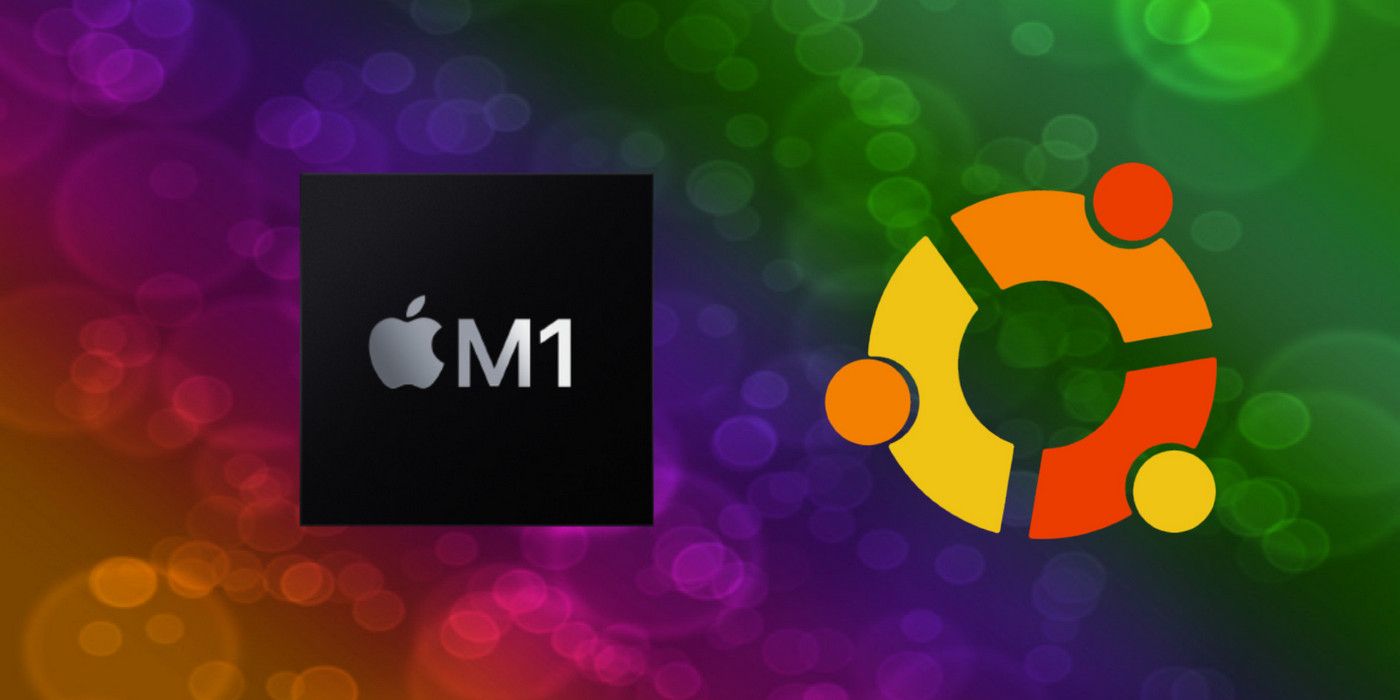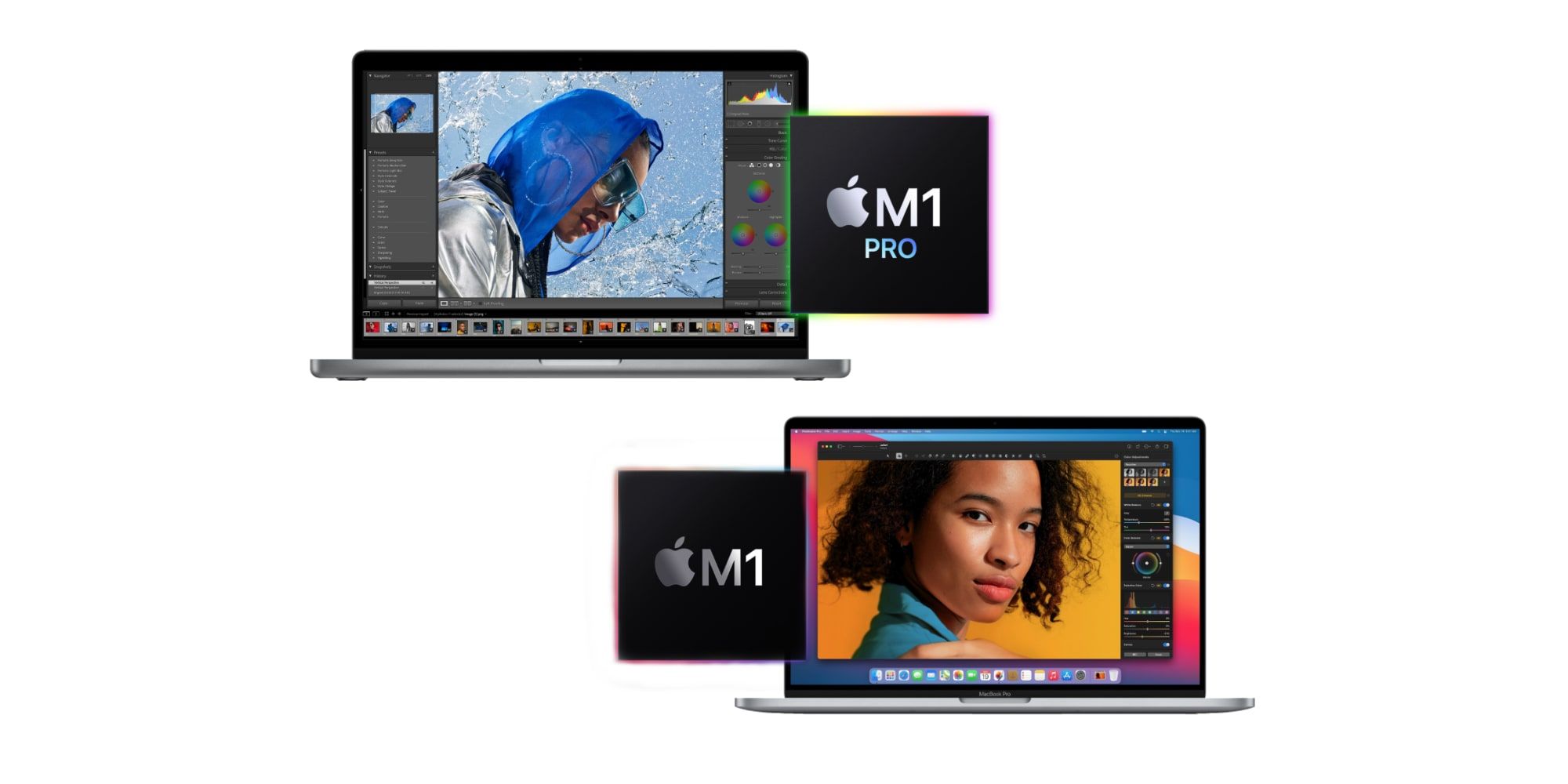Ubuntu developer Canonical has announced the rollout of an update to its cross-platform VM manager Multipass, adding a free and fast way of running Linux on an M1-powered Mac. The news comes a month after Linux became available to run on Apple silicon 'as a basic desktop,' and merely days after reports suggested that Linux kernel 5.16 will include mainline support for the Apple M1 chip's PCIe controller. Parallels Desktop 17 also offers Ubuntu support on M1 Macs, but the price starts at $79.99. Multipass is free.
Apart from the aforementioned software, M1 users do not currently have many options to run Linux on their machines. While VirtualBox does not support the M1's underlying ARM architecture, VMWare Fusion's Linux support for Apple silicon is still in the preview stage. That makes Multipass a great option for developers interested in running Linux on their M1-powered MacBooks.
Canonical has added Ubuntu support for Apple silicon as part of the Multipass 1.8 update that enables the software to download and launch a virtual machine image with a single command. In the press release announcing the update, Canonical claimed that the new feature will allow users to run Ubuntu VMs with minimal set-up and maximum efficiency. The company also claimed that the software can get Ubuntu running on M1-powered Macs in as little as 20 seconds, which should enable developers to get started with their projects rather than having to invest additional time and energy on setting up.
Multipass The Best Way To Run Linux On M1 Macs For Free?
Multipass 1.8 comes with a bunch of other new features as well, including 'Aliases,' which allow Multipass users to tie commands within a virtual machine to commands on the host OS. According to Canonical, it will help users get a "near-native experience for any Linux program" and will immensely help people who only need to use a Linux environment occasionally. Multipass already supported Windows and x86-Mac, and the latest update now ensures that it supports all major desktop platforms.
While WSL in Windows 11 has reduced the need for Multipass on Microsoft's desktop OS, the unavailability of something similar on Apple silicon means that the latest update will make it an effective solution for developers wanting to use their new M1 MacBooks for virtual machine development. According to The Register, the available list of software is relatively extensive, including multiple Ubuntu LTS images, as well as Ubuntu 21.04 Hirsute Hippo and 21.10 Impish Indri. Also present are a minikube Kubernetes distribution and the Anbox Cloud appliance, which allows developers to run Android apps. All of which makes Multipass worth considering by those wanting to use Linux on an M1 Mac.
Source: Canonical, The Register


